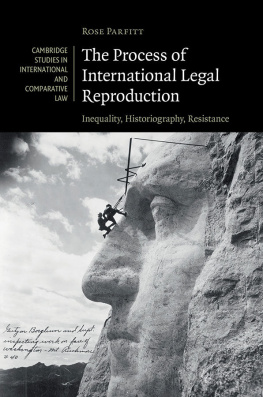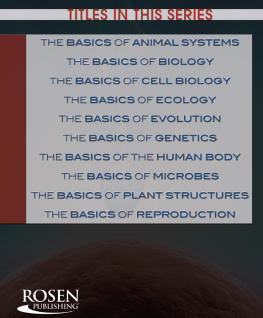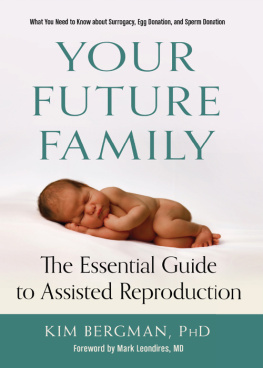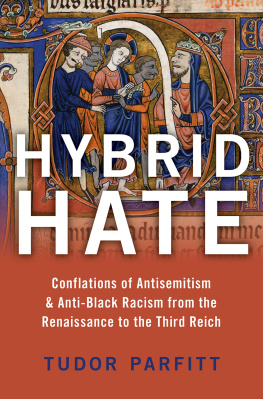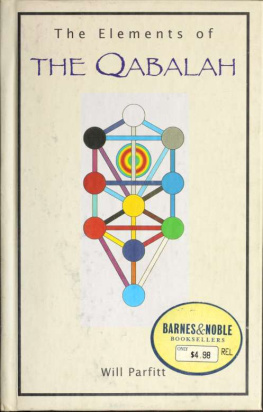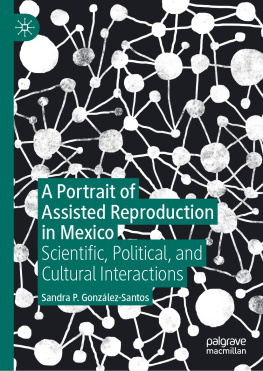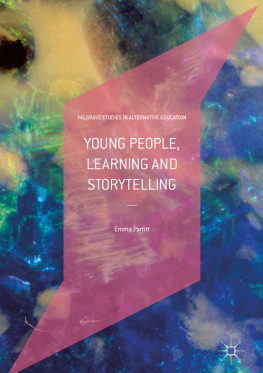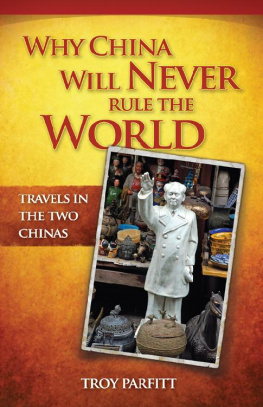Rose Parfitt - The Process of International Legal Reproduction
Here you can read online Rose Parfitt - The Process of International Legal Reproduction full text of the book (entire story) in english for free. Download pdf and epub, get meaning, cover and reviews about this ebook. year: 2019, publisher: Cambridge University Press, genre: Politics. Description of the work, (preface) as well as reviews are available. Best literature library LitArk.com created for fans of good reading and offers a wide selection of genres:
Romance novel
Science fiction
Adventure
Detective
Science
History
Home and family
Prose
Art
Politics
Computer
Non-fiction
Religion
Business
Children
Humor
Choose a favorite category and find really read worthwhile books. Enjoy immersion in the world of imagination, feel the emotions of the characters or learn something new for yourself, make an fascinating discovery.
- Book:The Process of International Legal Reproduction
- Author:
- Publisher:Cambridge University Press
- Genre:
- Year:2019
- Rating:5 / 5
- Favourites:Add to favourites
- Your mark:
- 100
- 1
- 2
- 3
- 4
- 5
The Process of International Legal Reproduction: summary, description and annotation
We offer to read an annotation, description, summary or preface (depends on what the author of the book "The Process of International Legal Reproduction" wrote himself). If you haven't found the necessary information about the book — write in the comments, we will try to find it.
The Process of International Legal Reproduction — read online for free the complete book (whole text) full work
Below is the text of the book, divided by pages. System saving the place of the last page read, allows you to conveniently read the book "The Process of International Legal Reproduction" online for free, without having to search again every time where you left off. Put a bookmark, and you can go to the page where you finished reading at any time.
Font size:
Interval:
Bookmark:
The Process of International Legal Reproduction
That all states are free and equal under international law is axiomatic to the discipline. Yet even a brief look at the dynamics of the international order calls that axiom into question. Mobilising fresh archival research and drawing on a tradition of unorthodox Marxist and anti-colonial scholarship, Rose Parfitt develops a new modular legal historiography to make sense of the paradoxical relationship between sovereign equality and inequality. Juxtaposing a series of seemingly unrelated histories against one another, including a radical re-examination of the canonical story of Fascist Italy's invasion of Ethiopia, Parfitt exposes the conditional nature of the process through which international law creates and disciplines new states and their subjects. The result is a powerful critique of international law's role in establishing and perpetuating inequalities of wealth, power and pleasure, accompanied by a call to attend more closely to the strategies of resistance that are generated in that process.
Rose Parfitt is a Lecturer in Law at Kent Law School, a Senior Fellow at Melbourne Law School, where she holds a Discovery (DECRA) Award from the Australian Research Council, and teaches regularly at Harvard Law School's Institute for Global Law and Policy (IGLP) Workshops.
Established in 1946, this series produces high quality, reflective and innovative scholarship in the field of public international law. It publishes works on international law that are of a theoretical, historical, cross-disciplinary or doctrinal nature. The series also welcomes books providing insights from private international law, comparative law and transnational studies which inform international legal thought and practice more generally.
The series seeks to publish views from diverse legal traditions and perspectives, and of any geographical origin. In this respect it invites studies offering regional perspectives on core problmatiques of international law, and in the same vein, it appreciates contrasts and debates between diverging approaches. Accordingly, books offering new or less orthodox perspectives are very much welcome. Works of a generalist character are greatly valued and the series is also open to studies on specific areas, institutions or problems. Translations of the most outstanding works published in other languages are also considered.
After seventy years, Cambridge Studies in International and Comparative Law sets the standard for international legal scholarship and will continue to define the discipline as it evolves in the years to come.
Larissa van den Herik
Professor of Public International Law, Grotius Centre for International Legal Studies, Leiden University
Jean d'Aspremont
Professor of International Law, University of Manchester and Sciences Po Law School
A list of books in the series can be found at the .
The Process of International Legal Reproduction
Inequality, Historiography, Resistance
Rose Parfitt
Kent Law School, University of Kent and Melbourne Law School, University of Melbourne


University Printing House, Cambridge CB2 8BS, United Kingdom
One Liberty Plaza, 20th Floor, New York, NY 10006, USA
477 Williamstown Road, Port Melbourne, VIC 3207, Australia
314321, 3rd Floor, Plot 3, Splendor Forum, Jasola District Centre, New Delhi 110025, India
79 Anson Road, #06-04/06, Singapore 079906
Cambridge University Press is part of the University of Cambridge.
It furthers the University's mission by disseminating knowledge in the pursuit of education, learning, and research at the highest international levels of excellence.
www.cambridge.org
Information on this title: www.cambridge.org/9781316515198
DOI: 10.1017/9781108655118
Rose Parfitt 2019
This publication is in copyright. Subject to statutory exception and to the provisions of relevant collective licensing agreements, no reproduction of any part may take place without the written permission of Cambridge University Press.
First published 2019
Printed in the United Kingdom by Clays Ltd, Elcograf S.p.A.
A catalogue record for this publication is available from the British Library.
ISBN 978-1-316-51519-8 Hardback
Cambridge University Press has no responsibility for the persistence or accuracy of URLs for external or third-party internet websites referred to in this publication and does not guarantee that any content on such websites is, or will remain, accurate or appropriate.
Benjamin felt a nose nuzzling at his shoulder. He looked round. It was Clover. Her old eyes looked dimmer than ever. Without saying anything, she tugged gently at his mane and led him round to the end of the big barn, where the Seven Commandments were written. For a minute or two they stood gazing at the tarred wall with its white lettering.
My sight is failing, she said finally. Even when I was young I could not have read what was written there. But it appears to me that the wall looks different. Are the Seven Commandments the same as they used to be, Benjamin?
For once Benjamin consented to break his rule, and he read out to her what was written on the wall. There was nothing there except a single Commandment. It ran:
All animals are equal
But some animals are more equal than others .
I am, as I am writing this, in my office at Melbourne Law School, where most of this book has been written. The Law School stands on land which belongs to, and has never been ceded by, the Wurundjeri people of the Kulin Nations, and it is therefore to them that this book owes its greatest debt of gratitude. I would like to acknowledge the Wurundjeri people as the traditional owners and custodians of this land, and pay my respects to the Elders of the Kulin Nations, past, present and future.
***
In late 2015, I was lucky enough to be awarded a Discovery Early Career Research Award (DECRA) by the Australian Research Council to undertake a three-year project on the historical relationship between fascism and international law. Not long afterwards, I found myself in the archives of the Italian Ministry of Foreign Affairs in Rome, sifting my way through a mountain of documents from the 1920s and 30s with the help of Alice Riccardi, my entirely brilliant research assistant and friend. The hunch I was working with was that fascism in the 1920s and 30s (insofar as a stable meaning can be attached to that term) was actually far closer to its purported nemesis, international law, than scholars of international law have so far tended to assume. As I read through report after telegram after letter after speech, I had what many historians will recognise as a very typical archival experience. Some of the things I discovered were extremely exciting. Other things, however, told me about nothing in particular beyond the minutiae of the day-to-day diplomatic grind for those of Mussolini's ministers, ambassadors, government lawyers and secretaries whose initials I was learning to recognise. In short, sometimes these officials did indeed employ a recognisably fascist discourse and logic in their work. At other times, however, they used a much more familiar rationale, grounded firmly in the accepted liberal doctrine of international law.
Next pageFont size:
Interval:
Bookmark:
Similar books «The Process of International Legal Reproduction»
Look at similar books to The Process of International Legal Reproduction. We have selected literature similar in name and meaning in the hope of providing readers with more options to find new, interesting, not yet read works.
Discussion, reviews of the book The Process of International Legal Reproduction and just readers' own opinions. Leave your comments, write what you think about the work, its meaning or the main characters. Specify what exactly you liked and what you didn't like, and why you think so.

